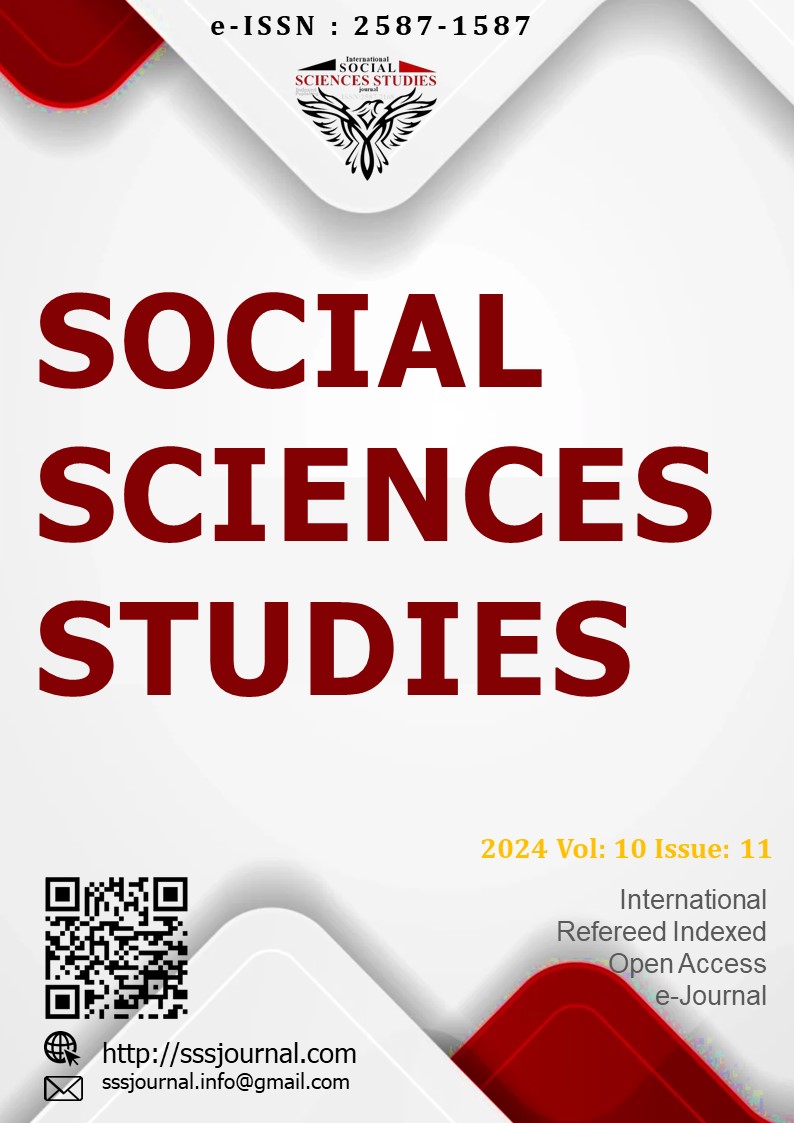Okul Öncesi Öğretmenlerinin Değerler Eğitimi Yaklaşımlarına Yönelik Özgün Görüşler: Yeni Bir Perspektif
Author :
Abstract
|
Bu çalışma, okul öncesi öğretmenlerinin değerler eğitimine ilişkin özgün görüşlerini ve deneyimlerini incelemektedir. Değerler eğitimi, çocukların toplumsal uyum sağlamaları ve ahlaki gelişimlerinin temellerini atmak amacıyla önemli bir süreçtir. Araştırmada, öğretmenlerin değerler eğitimine yönelik yaklaşımları, karşılaştıkları zorluklar ve kullandıkları stratejiler derinlemesine ele alınmıştır. Öğretmenler, çocuklara paylaşma, saygı, empati ve sorumluluk gibi temel değerlerin kazandırılmasının kritik olduğunu vurgulamaktadır. Ancak, değerler eğitimi sürecinde en çok karşılaşılan zorluklardan biri, aile katılımının yetersiz olmasıdır. Ailelerin değerler eğitimine daha aktif katılım göstermesi gerektiği, bu sürecin evde de pekiştirilmesi gerektiği belirtilmektedir. Ayrıca, teknolojinin çocukların sosyal becerilerini olumsuz etkileyebileceği ifade edilmektedir. Değerler eğitimi uygulamalarında en sık kullanılan yöntemler arasında drama, hikâyeleştirme ve oyun temelli öğrenme öne çıkmaktadır. Bu yöntemler, çocukların değerleri somut bir şekilde deneyimleyerek öğrenmelerine olanak tanımaktadır. Çalışmanın sonucunda, öğretmenlerin ailelerle daha sıkı bir iş birliği kurarak ve teknoloji kullanımını sınırlayarak değerler eğitimini daha etkili hale getirebileceği önerilmektedir. |
Keywords
Abstract
|
This study examines the unique perspectives and experiences of preschool teachers regarding values education. Values education is a critical process aimed at fostering children's social integration and laying the foundations for their moral development. The research explores teachers' approaches to values education, the challenges they encounter, and the strategies they employ. Teachers emphasize the importance of instilling fundamental values such as sharing, respect, empathy, and responsibility in young children. One of the most significant challenges in this process is the lack of family involvement, with teachers highlighting the need for more active participation from families to reinforce the values at home. Additionally, the potential negative impact of technology on children's social skills is discussed. The most commonly used methods in values education include drama, storytelling, and play-based learning, which allow children to experience and internalize values in a concrete manner. The study concludes by recommending stronger collaboration between teachers and families and the limitation of technology use to enhance the effectiveness of values education. |





